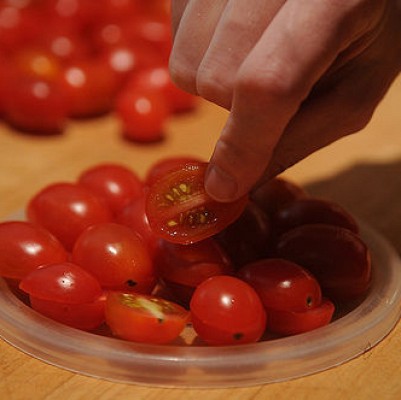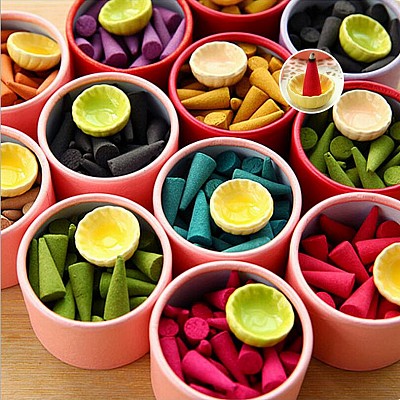Do you find yourself creating lots of waste in the kitchen? Learn how to cut back on waste production with tips for delicious, eco-friendlier cooking at home.
Satisfying a craving, upholding a family tradition, nourishing your family—cooking is incredibly versatile and can be an extremely gratifying hobby. With all the upsides to cooking, we must also consider the not-so-fun aspects of the activity. One huge consideration of cooking is the amount of waste we produce. Whether you have to toss spoiled groceries or use large amounts of energy for your appliances, you’ll find that your cooking’s environmental impact starts to add up. For those who love cooking and worry about their carbon footprint, we’ve compiled four tips for more eco-friendly cooking at home.
Seek Secondhand Utensils
Before tackling wasteful cooking habits, we suggest you reflect on your cooking utensils. If you need a new kitchen gadget, consider buying it secondhand. Garage sales and thrift stores typically offer a variety of pots, pans, and other cooking necessities in near-perfect condition.
Reconsider Your Charcoal
The way you grill has a large impact on your environmental impact. Lump charcoal and wood for grilling require manufacturers to cut down trees for production. They also emit carbon dioxide when you burn them, a greenhouse gas that can be harmful to your health in excess.
Sustainable coconut shell briquettes are a green alternative to lump charcoal and wood. Coconut shell charcoal is smokeless and produces less ash. You can also use the minimal ash it does produce as a natural fertilizer, whereas ash from lump charcoal and wood is futile.
Strive for Leftovers
One of our tips for more eco-friendly cooking at home deals with the portion sizes of the meals you make. We recommend attempting to “cook once, eat twice,” meaning you should always make a larger meal with the intention of having leftovers. Making large amounts of food in one sitting results in less energy consumption overall.
Reduce Your Consumption of Meat
The meat industry is one of the leading producers of greenhouse gases. If you strive to be an eco-friendlier cook, start by reducing the number of meat-inclusive meals you cook each week. You don’t necessarily have to go full vegetarian, but opting for plant-based meat alternatives is an adventurous, sustainable, and often healthier approach to minimizing your environmental impact.






































